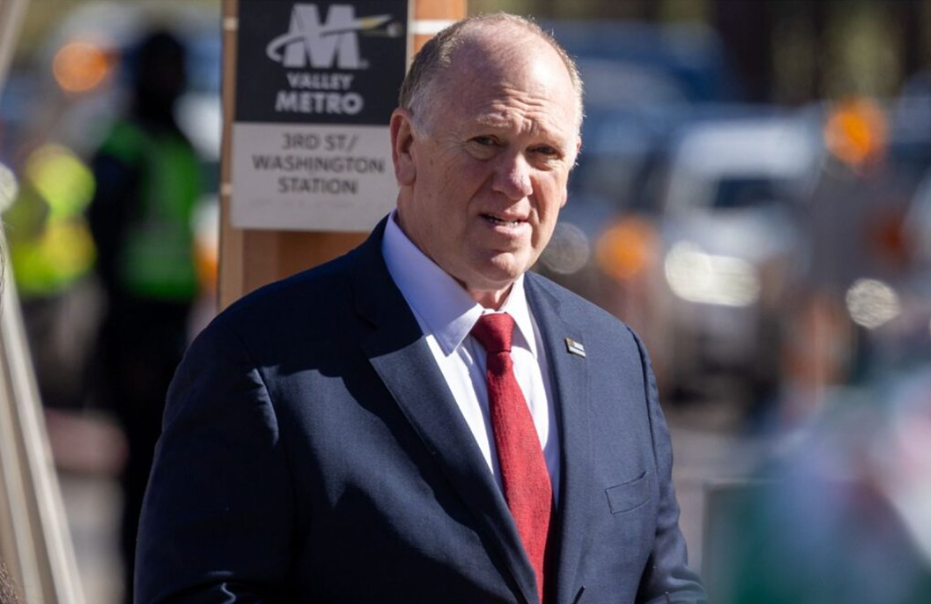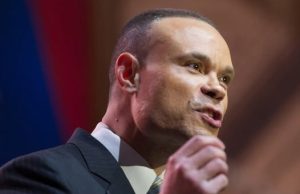Note: VIDEOS at the end of the article.
Recent developments surrounding Nashville Mayor Freddie O’Connell have drawn attention to the ongoing tension between federal immigration enforcement and local government policies. Following the announcement of a congressional investigation into whether Mayor O’Connell impeded federal immigration operations, federal officials and local leaders have sharply disagreed on how best to address immigration enforcement within the city.
Background: The Congressional Investigation
On Monday, the House Homeland Security and Judiciary Committees announced a formal investigation into Mayor Freddie O’Connell’s actions related to immigration enforcement. The investigation follows an executive order issued by O’Connell which requires Nashville city employees and first responders to report any communication they have with federal immigration authorities to the mayor’s office. This directive aims to increase local oversight and transparency regarding interactions with immigration officials.
Republican Representative Andy Ogles of Tennessee confirmed the congressional inquiry, stating that the committees will request all relevant documents, including internal communications and records of correspondence between city officials and nonprofit organizations involved with immigration issues. The investigation intends to clarify whether the mayor’s order interferes with or obstructs the work of U.S. Immigration and Customs Enforcement (ICE).
Federal Officials Criticize Nashville’s Approach
Federal officials, including former ICE Acting Director Tom Homan, have voiced strong criticism of Mayor O’Connell’s executive order. Appearing on Fox News’ The Ingraham Angle, Homan warned that federal enforcement efforts may intensify in cities that impede ICE operations. He stated, “You cannot cooperate with ICE if that’s your choice, but you cannot get in our way or impede our efforts. If you cross that line, prosecution may follow.”
Homan announced plans to escalate enforcement activities in Nashville and similar jurisdictions, indicating that multiple federal agencies—including ICE, the FBI, the DEA, and U.S. Marshals—will increase their presence. He emphasized a “flood the zone” strategy aimed at apprehending individuals considered dangerous or criminal, such as gang members, repeat deportees, and violent offenders.
The Local Government’s Perspective
Mayor O’Connell and his supporters argue that the executive order is necessary to protect immigrant communities from aggressive federal enforcement actions, which can create fear and mistrust among residents. The mayor’s office contends that requiring city employees to report communications with ICE is intended to maintain transparency and ensure that local officials can advocate effectively for residents’ rights.
Critics of federal enforcement in sanctuary jurisdictions emphasize that cooperation with ICE often leads to unnecessary detention and deportation of individuals who do not pose public safety risks. Sanctuary policies aim to prioritize local resources for community policing and public safety rather than federal immigration enforcement, which is viewed by many as outside local jurisdiction.
The Broader Political Context
The issue has become highly politicized, with national figures weighing in. Homan drew parallels between O’Connell’s actions and comments from Representative Alexandria Ocasio-Cortez, who warned of “consequences” if congressional members were targeted by ICE during operations at a Newark facility. Homan claimed ICE has since arrested individuals at the facility without repercussions.
The debate highlights the ongoing clash between federal immigration enforcement priorities under the Biden administration and resistance from local governments seeking to protect immigrant residents. Republican lawmakers frequently criticize sanctuary policies as endangering public safety, while Democrats and immigrant advocates argue these policies build community trust and improve overall safety.
Potential Legal Consequences
Questions remain about whether Mayor O’Connell’s actions could rise to criminal obstruction of federal immigration operations. While congressional committees investigate, ICE has neither confirmed nor denied any investigation into the mayor himself. Homan indicated that the outcome depends on whether the mayor’s office actively impedes enforcement rather than simply issuing policy statements.
Legal experts note that while local governments may limit cooperation with federal immigration authorities, actively obstructing lawful federal operations could expose officials to legal risks. Courts have generally upheld local authority to refuse to use resources for federal immigration enforcement but have cautioned against actions that would actively interfere with federal officers’ duties.
Community Impact and Future Outlook
Recent ICE operations in Nashville have resulted in arrests of individuals with criminal records, including sex offenders and gang members, which federal officials cite as evidence of the need for cooperation. Local leaders argue that public safety is best served by community trust and cooperation with local law enforcement rather than broad federal raids that can undermine community relations.
Mayor O’Connell’s office has not publicly responded in detail to Homan’s statements, but local officials are closely monitoring the congressional inquiry. Meanwhile, Nashville residents remain divided, with some supporting stronger immigration enforcement and others advocating for sanctuary protections.
The investigation and federal enforcement response in Nashville serve as a microcosm of the larger national debate over immigration policy, local autonomy, and federal authority. As both sides prepare for further confrontation, the balance between public safety, immigrant rights, and enforcement priorities remains unresolved.









